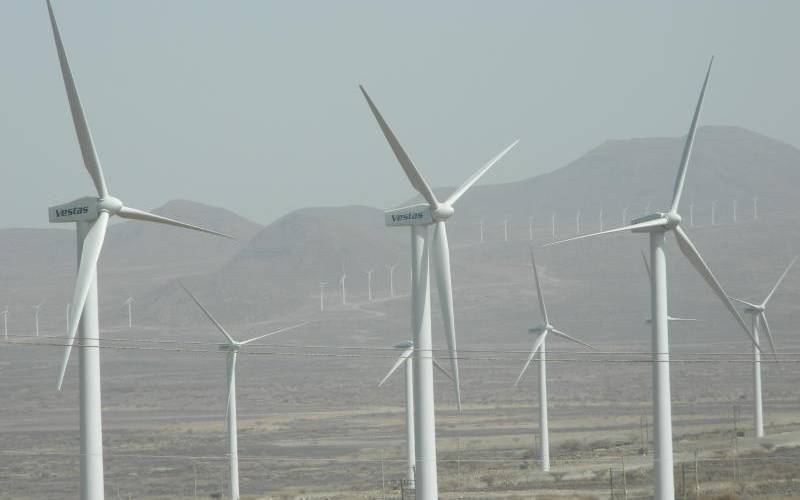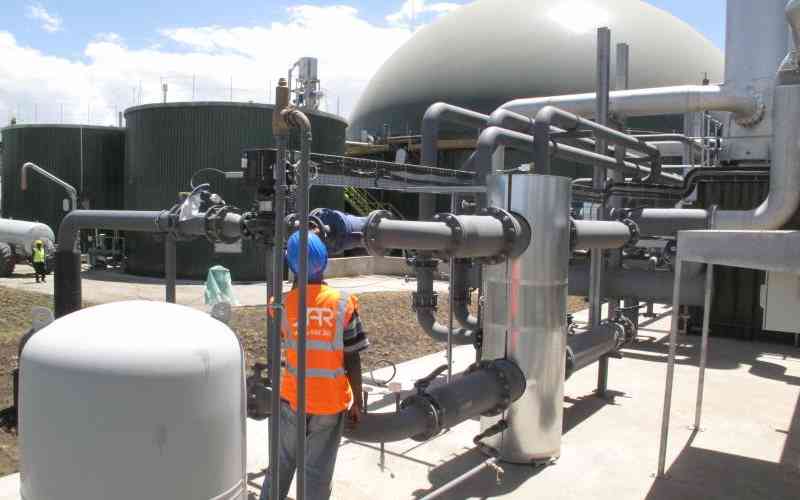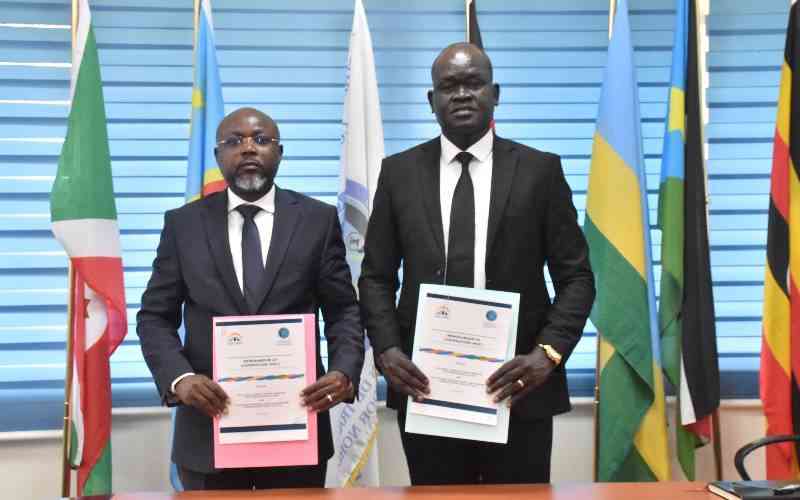×
The Standard e-Paper
Smart Minds Choose Us

Part of the turbines at Lake Turkana Wind Power farm at Sarima, near Lake Turkana in Laisamis, Marsabit County on March 15, 2017. [File, Standard]
The High Court has ordered the Ministry of Energy and the sector regulator, Energy and Petroleum Regulatory Authority (Epra), to include a 300 megawatt (MW) wind power plant to its list of approved electricity projects.







